January 2021 Faculty Dialogues
Continuing the conversations we began in August with José Bowen at the Fall Conference, we invite you to gather with your colleagues for a series of topical dialogues. We will provide space for reflection on the fall semester, the sharing of good practices, and assistance as you prepare for the winter semester.
Tuesday, January 12th
Concurrent sessions at 2pm and 3pm will allow faculty to select the topic that interests them most.
- 1–1:45pm: Opening Remarks and Guided Discussion
- 2–2:45pm Concurrent Sessions Group1
- Working Together: Strategies for instructor-student and student-student collaboration
- Clearing the way: Creating courses that foster student motivation and make expectations visible
- 3–3:45pm Concurrent Sessions Group 2
- Managing burnout risks during crises
- Relationships, Resilience, Reflection, and Nudges: Reflections on José Bowen's August workshops
Scroll down to read session descriptions. Resources for each session will be posted on the event website for those unable to attend.
[1608218698].jpg)
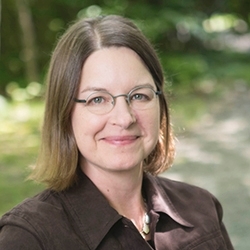
CHRISTINE RENER
Director, Pew FTLC
Facilitator
Opening Remarks and Guided Discussion
1—1:45pm
Facilitated by Christine Rener, Pew FTLC Director
The January Dialogues will kick off with an invitation to reflect, share, plan, and prepare. This session will include a structured reflection, small-group discussion, and sharing of resources to help you frame 2020 and transition into 2021. Perspectives from both national dialogues and also from GVSU students will inform our time together.
CONCURRENT SESSIONS
Concurrent Session One (2-2:45pm)
OPTION ONE:
Working together: Strategies for instructor-student and student-student collaboration
Facilitated by Julia VanderMolen, Public Health, Pew FTLC Faculty Associate and Christine Rener, Pew FTLC Director
This conversation will focus on ways to engage students through easy-to-use features of Zoom, Blackboard, Google Docs, and other whiteboard tools. Providing clear expectations and structures for breakout discussions help students get to know one another and build community. We will also discuss re-envisioning office hours as virtual (or in-person) opportunities to engage with students individually and in small groups in new ways.
Resources for each session will be posted on the event website for those unable to attend.
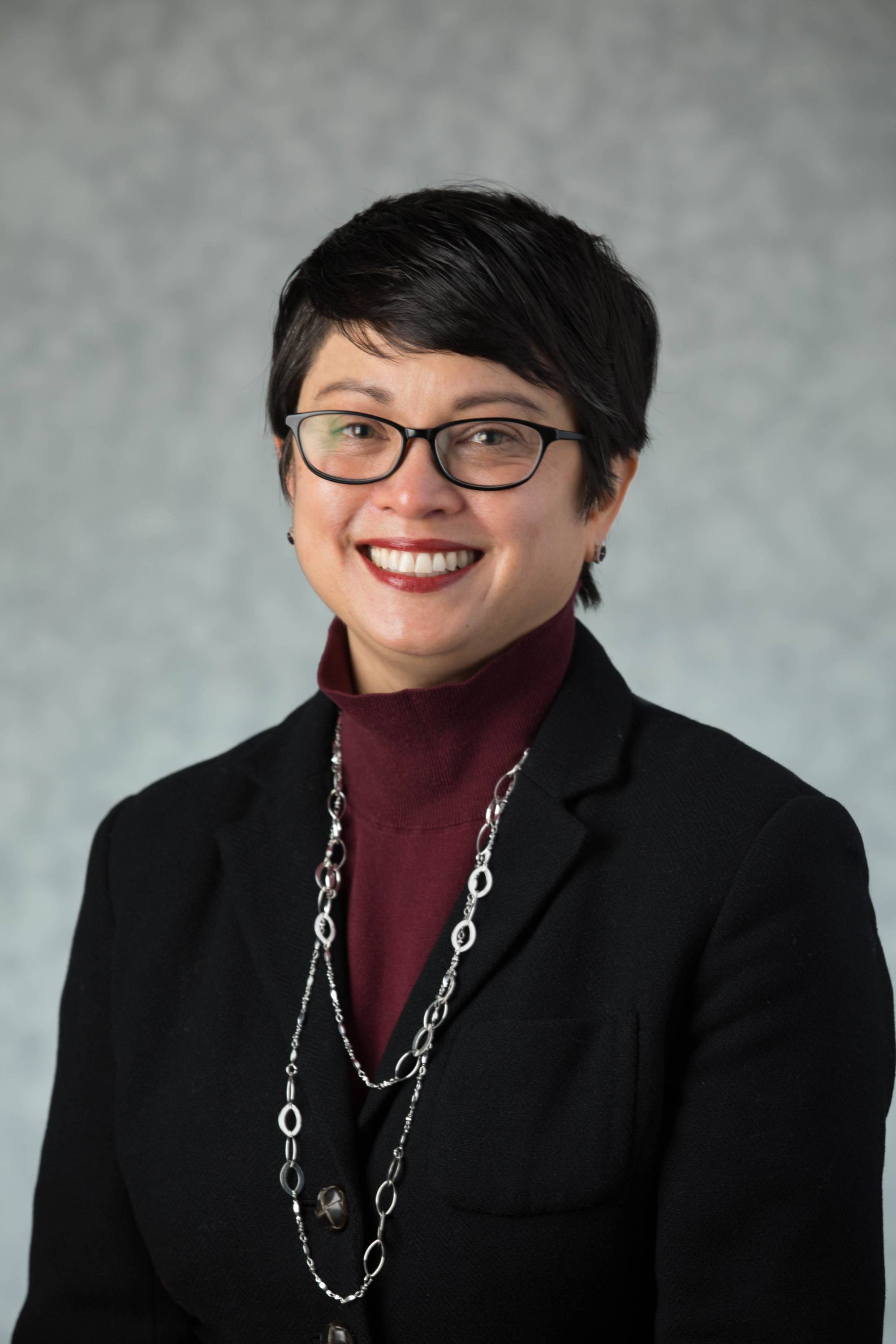
JULIA VANDERMOLEN
Public Health, Pew FTLC Faculty Associate
Facilitator
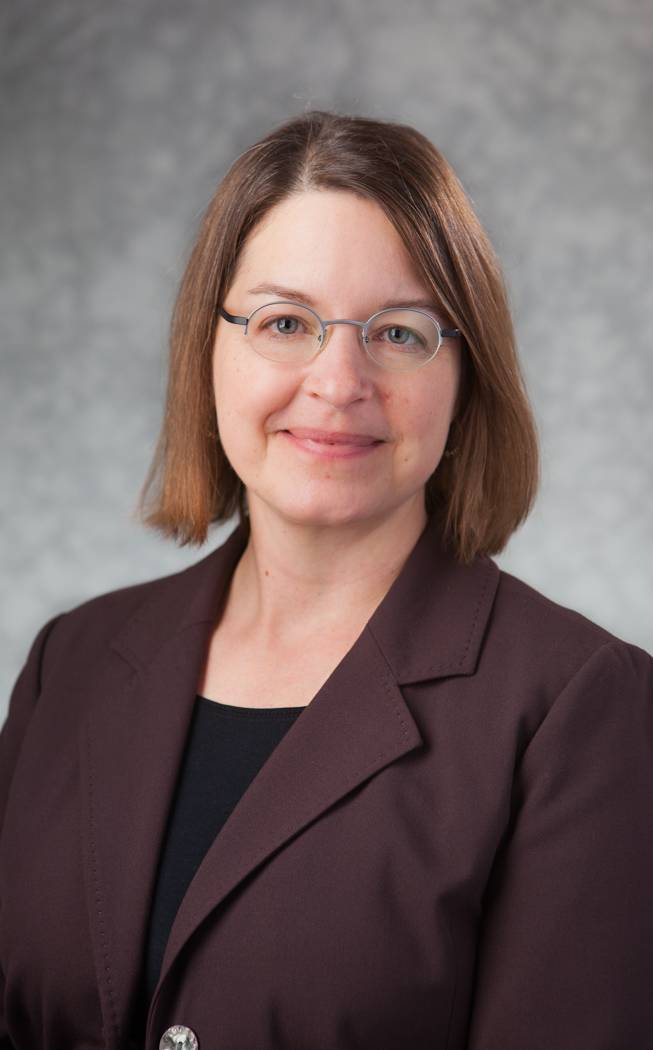
CHRISTINE RENER
Director of Pew FTLC
Facilitator
OPTION TWO:
Clearing the way: Creating courses that foster student motivation and make expectations visible
Facilitated by Tom Pentecost, Chemistry, Pew FTLC Faculty Fellow and Martina Reinhold, Physician Assistant Studies, Pew FTLC Faculty Associate
This session will address ways to incorporate the science of learning into your courses to increase engagement, success, and help your students become better learners. From small tweaks to the way you use Blackboard or Zoom to course design that incorporates authentic assessments, there are ways to structure your course to smooth the way not only for your students but also for yourself.
Resources for each session will be posted on the event website for those unable to attend.
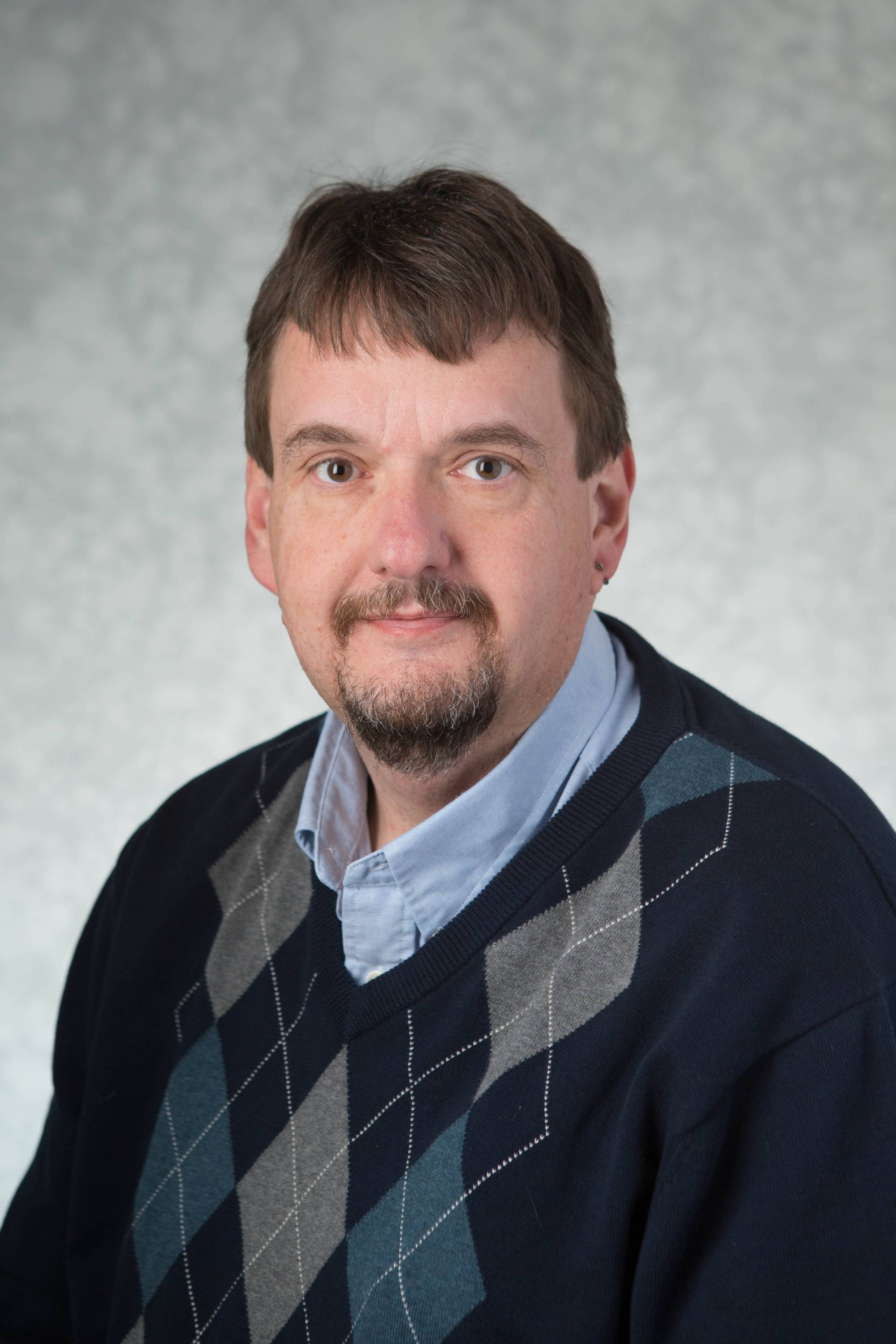
TOM PENTECOST
Chemistry, Pew FTLC Faculty Fellow
Facilitator
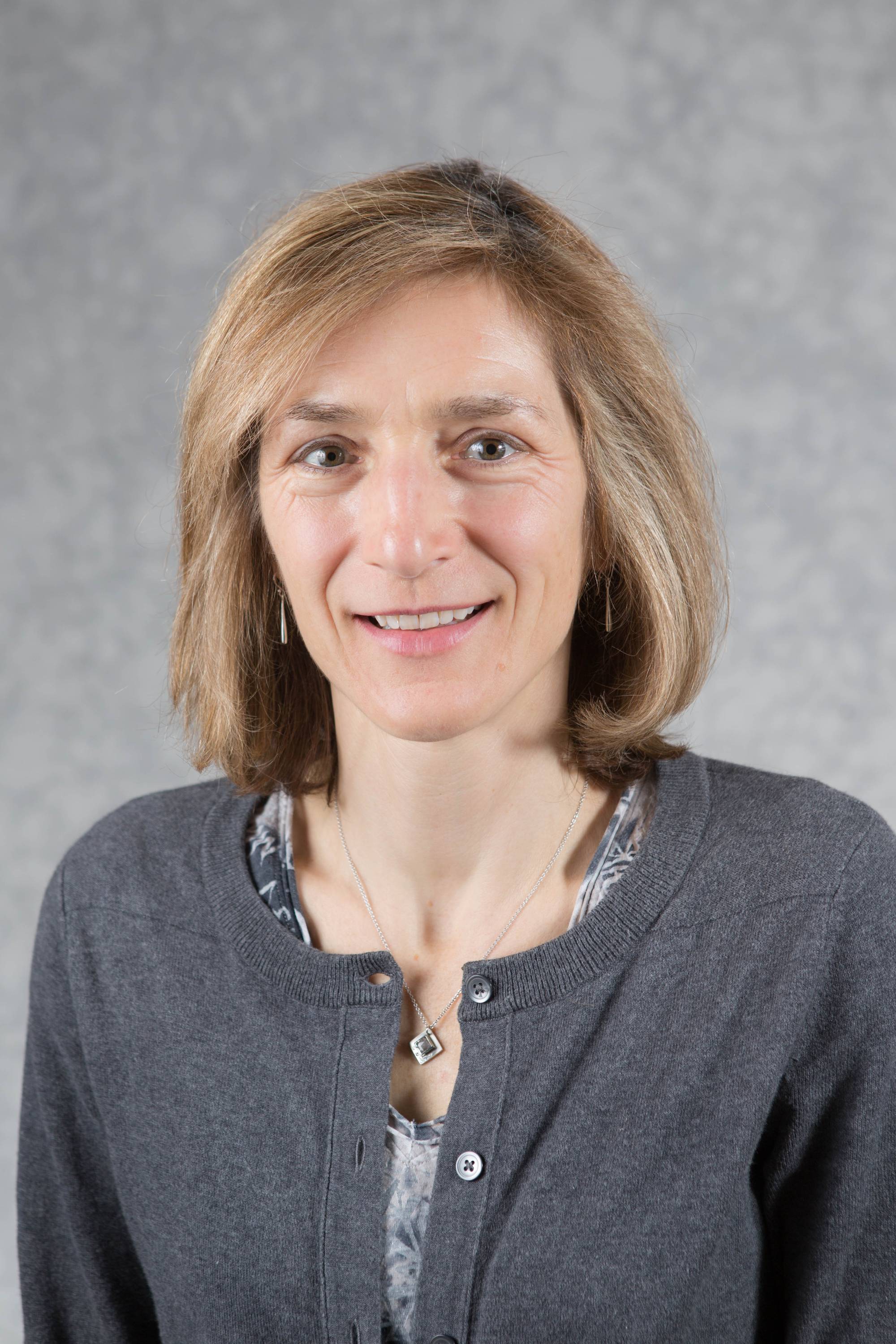
MARTINA REINHOLD
Physician Assistant Studies, Pew FTLC Faculty Associate
Facilitator
Concurrent Session Two: 3-3:45pm)
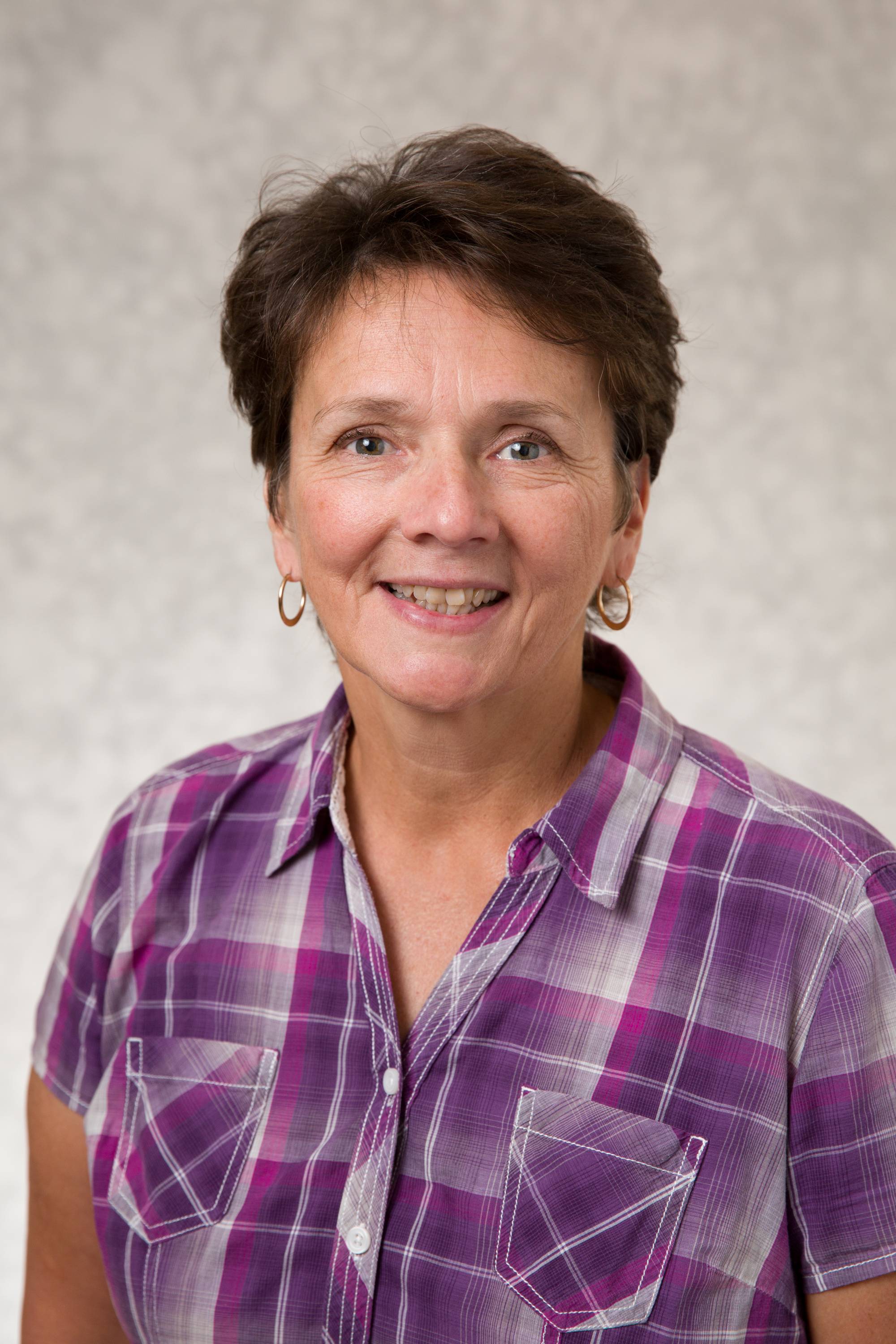
DANA MUNK
Movement Science, Pew FTLC Faculty Fellow
Facilitator
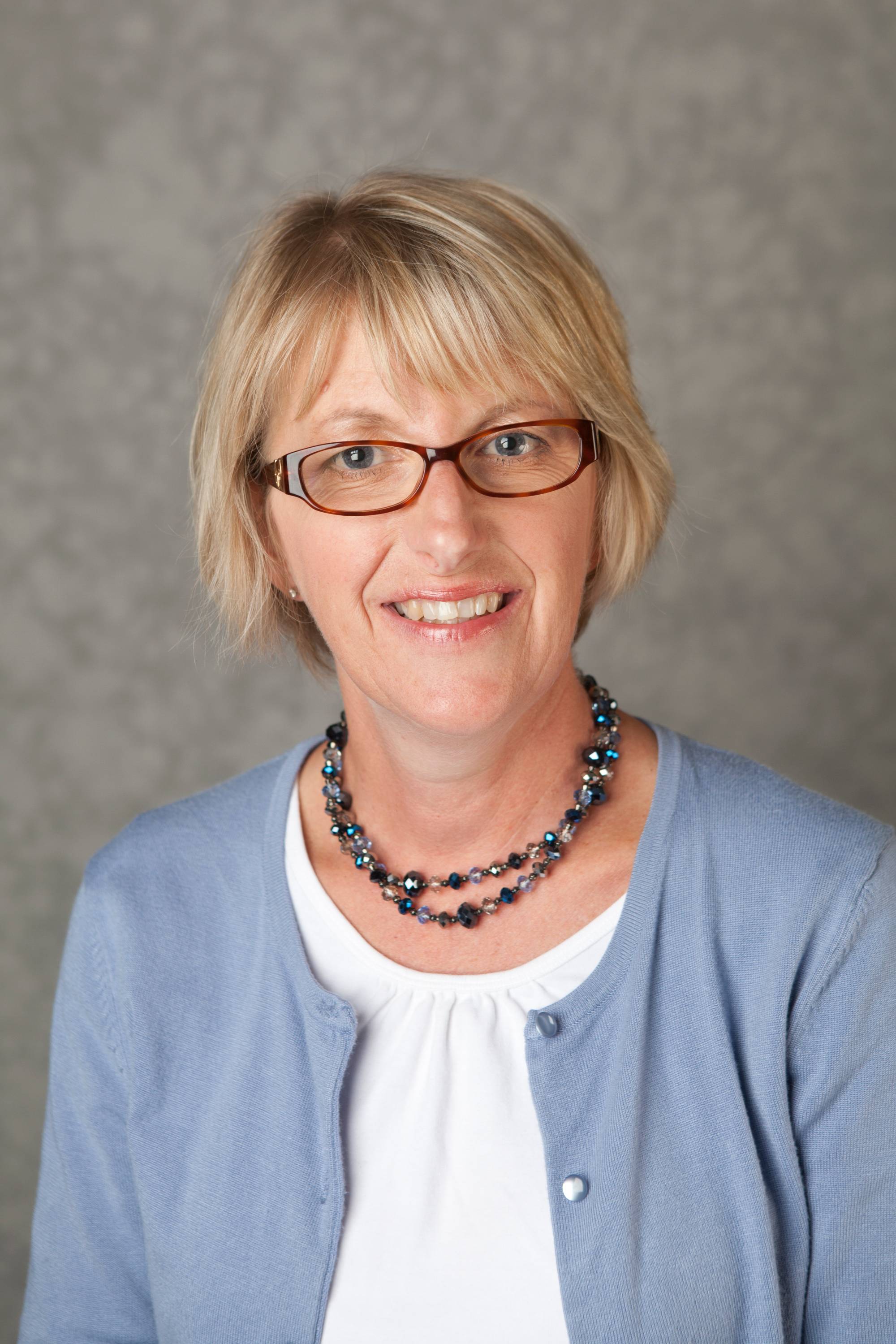
PATTY STOW BOLEA
Social Work, Pew FTLC Faculty Fellow
Facilitator
OPTION ONE:
Managing burnout risks during crises
Facilitated by Dana Munk, Movement Science, Pew FTLC Faculty Fellow and Patty Stow Bolea, Social Work, Pew FTLC Faculty Fellow
This session will help deepen faculty understanding of burnout and further develop their awareness of the potential contributing risks factors. The lab will continue throughout the coming semester, with the opportunity to engage in a monthly risk assessment and participate in subsequent discussion about tools and strategies for managing stressors. These small group meetings will be held via Zoom, from noon–1 p.m., on Thursday January 21, February 18, March 18 and April 15.
Resources for each session will be posted on the event website for those unable to attend.
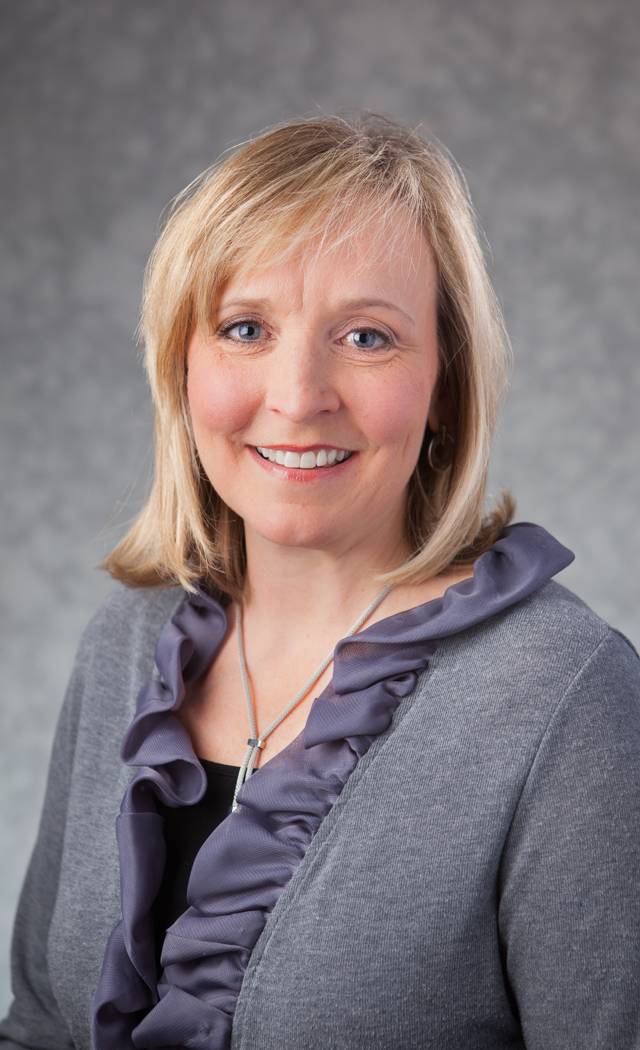
KATHRYN STIELER
Music, Theatre, & Dance, Pew FTLC Faculty Fellow
Facilitator
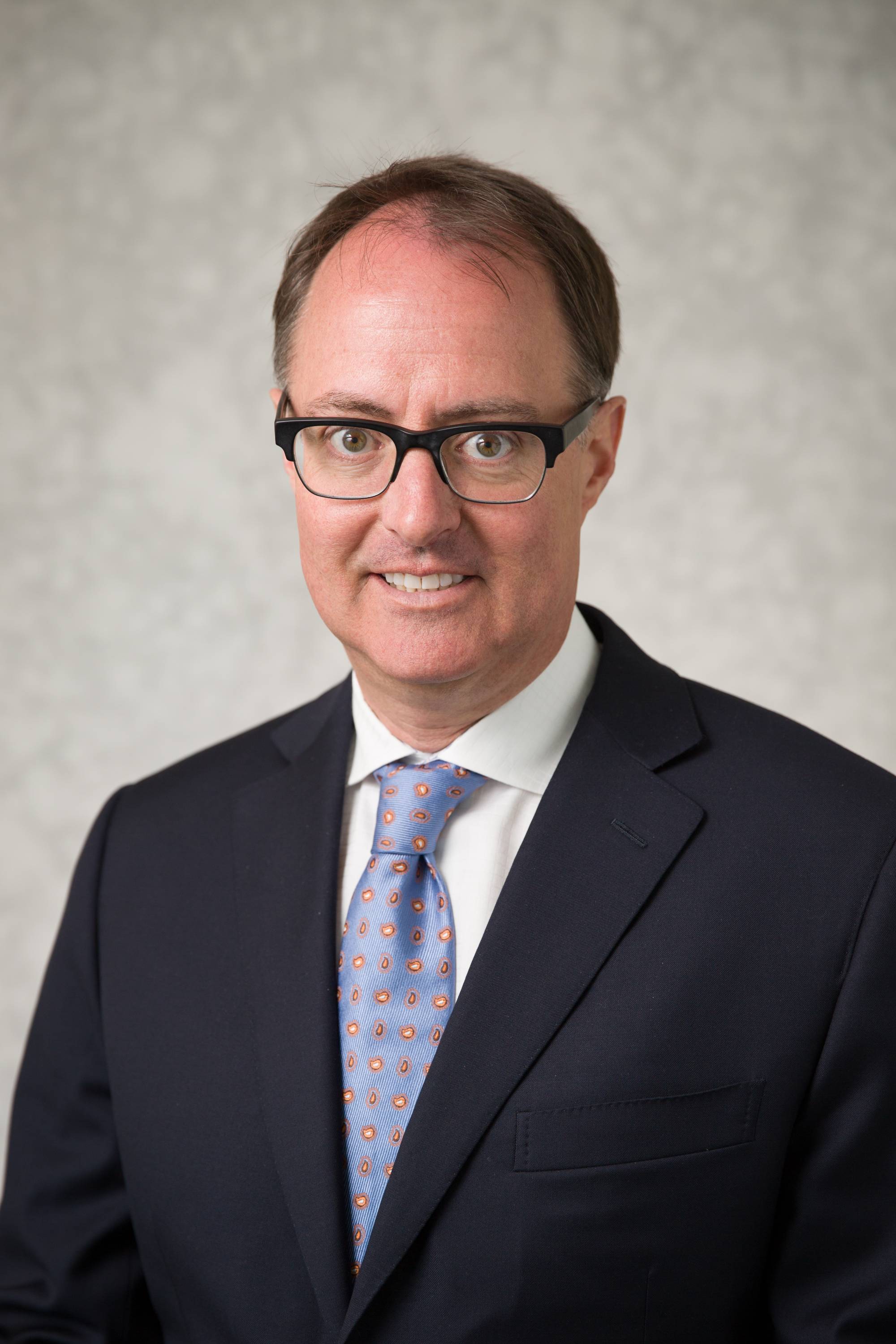
DAVID EICK
Modern Languages and Literatures, Pew FTLC Faculty Fellow
Facilitator
OPTION TWO:
Relationships, Resilience, Reflection, and Nudges: Reflections on José Bowen’s August workshops
Facilitated by Kathryn Stieler, Music, Theatre, & Dance, Pew FTLC Faculty Fellow and David Eick, Modern Languages and Literatures, Pew FTLC Faculty Fellow
In August, we were joined by José Bowen, author of Teaching Naked, for several sessions aimed at helping faculty plan for the fall semester. We talked about the ways that learning is about change, the immense importance of faculty/student interactions, and how technological nudges can promote student success. What teaching during a pandemic revealed was we needed to pay even more attention to the human element of our courses and to good course design principles. Even if you weren’t able to attend the workshops, we invite you to this dialogue. Slides and a recording of Bowen’s presentation are posted on our Fall Conference site.
Resources for each session will be posted on the event website for those unable to attend.

